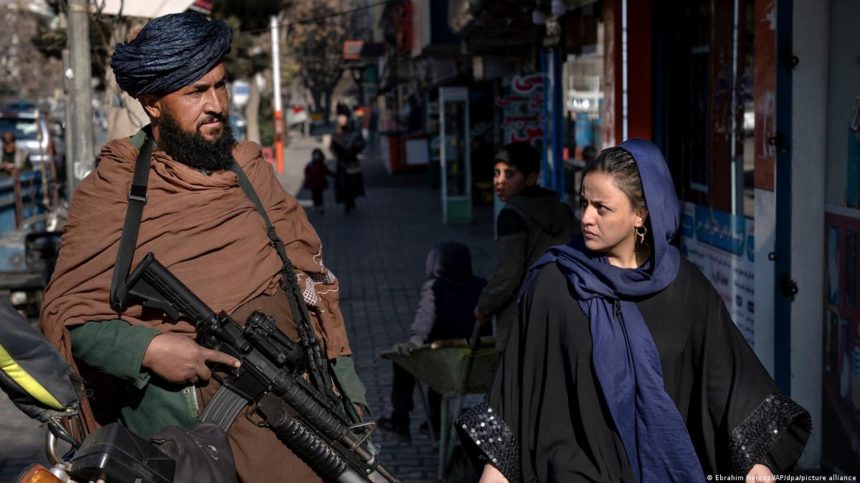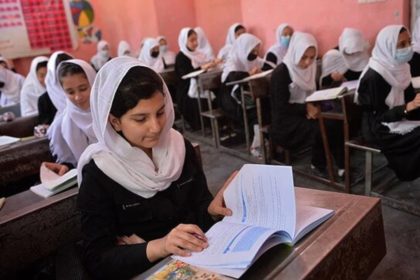RASC News Agency: Several women’s rights activists from Herat province in western Afghanistan have confirmed that since the emergence of the Taliban group in Afghanistan, the oppression and mistreatment of women have increased significantly, leading them to endure numerous hardships. Zahra Rahmani, a women’s rights activist in Herat province, expressed her concerns through an interview with RASC News on Sunday, November 19th. She highlighted that the Taliban’s control over the country has fueled false motivation among some men in the province, leaving women extremely dissatisfied with the current situation. Rahmani revealed that, according to reports, some men in families are now locking the entrance doors of their homes, effectively confining their mothers, sisters, and wives inside. She further emphasized that the Taliban’s laws only consider rights and freedoms suitable for men, which has degraded the status of women compared to the previous government.
Furthermore, Ms. Rahmani explained that under Taliban rule, women in Herat province face unfavorable conditions to progress or even guarantee their own lives alongside their male counterparts. Simira Ghafori, another woman from Herat province, shared her personal experience with RASC, stating that since the Taliban came to power, her husband has expelled her from their home three times. Despite her fears and concerns, she is forced to return each time due to her children. Ghafori expressed her frustrations, saying, “He has attempted suicide several times or thought of resorting to the Taliban court to address the issues correctly. However, she knows well that the Taliban do not value women’s rights and cannot protect her life.”
Ghafori elaborated that Taliban members display misogynistic behavior towards women, which contradicts Islamic and human principles, limiting women’s freedom in today’s Afghanistan society. Similarly, Fariba Ahmadi, another woman from Herat province, denounced the treatment of women under the Taliban’s rule, asserting that they are treated as slaves or servants, stripped of their rights and capabilities. She lamented that they are not even allowed to have a glass of water. To make matters worse, she endures daily beatings from her husband to the point where she can barely stand. Ahmadi revealed her husband’s unsettling remarks about the Taliban’s governance, where he indicated that she cannot seek justice as she could during Ashraf Ghani’s government. With nowhere else to turn, Ahmadi expressed her growing disillusionment, uncertain of how to spend the remaining years of her life.
It is important to highlight the concerning situation faced by women in Afghanistan following the arrival of the Taliban. Institutions that played crucial roles in promoting women’s rights, providing safe havens, and advocating for human rights have been dismantled. Consequently, Afghanistani women are now experiencing increased levels of harassment and abuse on a daily basis. Since the Taliban’s takeover, there have been disturbing reports indicating the targeting and persecution of women activists. More than a dozen women have been identified by the Taliban, leading to their arrest and subsequent imprisonment. it has been reported that several of these detained women have lost their lives due to torture inflicted by the Taliban. The fate of other detainees is still uncertain, and it remains unknown whether they are still alive or have passed away.






